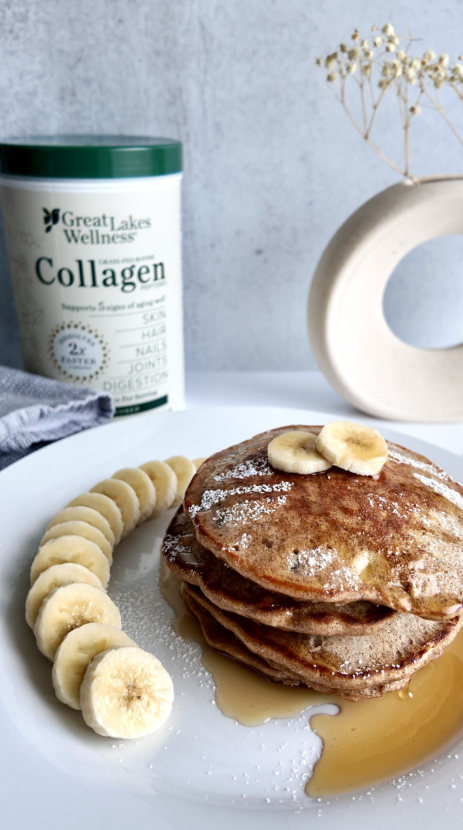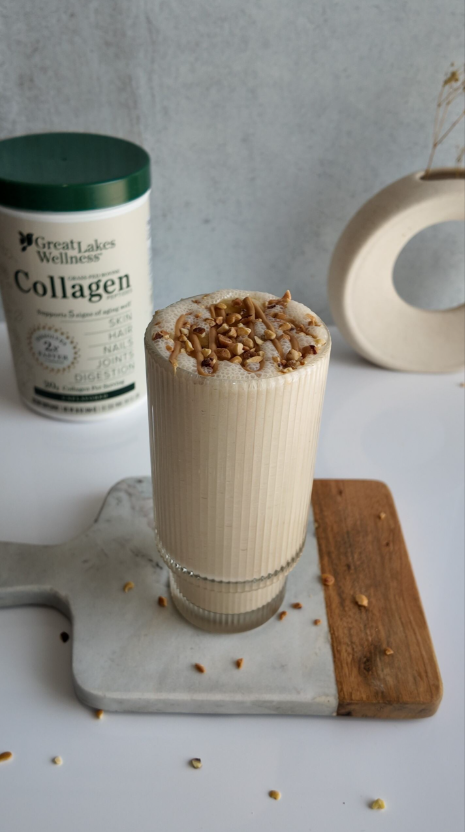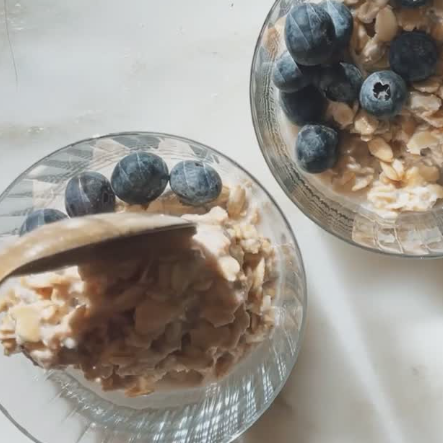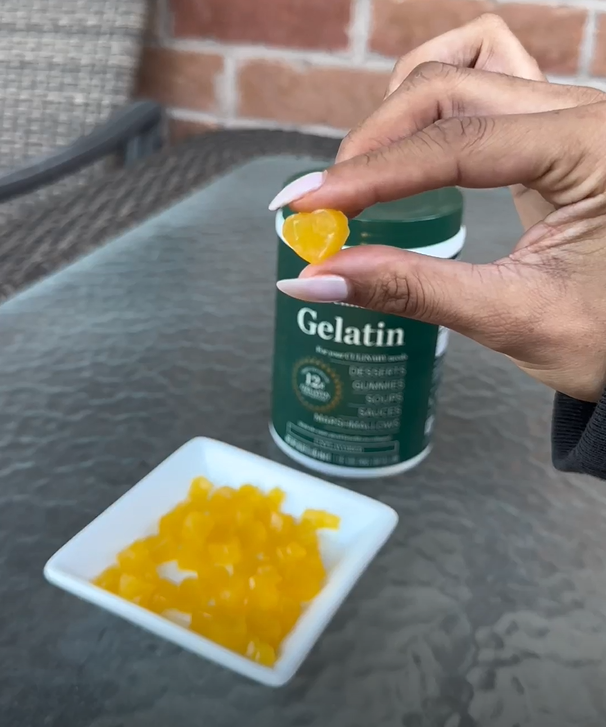The immune system is your body’s defense mechanism protecting it from illness and disease. Usually, the immune system works well on its own, but during times of increased exposure to viruses, bacteria, infection and stress it can weaken. Eating a healthy diet that incorporates immune-boosting foods can help to optimize your immune system.
Check out the list below of important nutrients and foods that may help boost immunity. This is not to say that nutrients not listed are not important, all nutrients are important and contribute to many various functions within the body.
Vitamin A
Helps to protect against infection by keeping skin and other soft tissues in the gastrointestinal tract and respiratory system healthy (2). Vitamin A has anti-inflammatory properties and plays a critical role in enhancing immune function. Foods high in vitamin A are generally very colorful due to carotenoids. The carotenoids have an antioxidant effect that support strengthening the immune system (3).
What foods are high in Vitamin A?
|
Asparagus |
Dried apricots |
|
Black-eyed peas |
Mango |
|
Broccoli |
Red pepper |
|
Cantaloupe |
Spinach |
|
Carrots |
Sweet potato |
|
Cod liver oil
|
Tomato juice |

Vitamin C
Stimulates the formation of lymphocytes, an immune cell that increases circulating antibodies in your blood. Antibodies protect against foreign or harmful substances that circulate in your blood causing illness. Vitamin C also increases activity of phagocytes which are immune cells that destroy harmful bacteria. The production of collagen is promoted by vitamin C which helps to keep the skin acting as a barrier against harmful microorganisms entering the body (1).
What foods are high in Vitamin C?
|
Asparagus |
Dried apricots |
|
Broccoli |
Kiwi |
|
Brussel sprouts |
Papaya |
|
Cabbage |
Red bell pepper |
|
Cauliflower |
Spinach |
|
Citrus fruits |
Strawberries |

Vitamin D
Helps boost immunity by stimulating the production of naturally occurring antimicrobial peptides. Antimicrobial peptides are found in immune cells throughout the body including in cells that line the gastrointestinal tract and respiratory tract. Therefore, those peptides are directly able to fight off bacteria and viruses that can cause illness (4,5).
What foods are high in Vitamin D?
|
Canned tuna |
Mushrooms |
|
Egg yolk |
Salmon |
|
Flounder |
Sardines |
|
Fortified foods |
Sole |
|
Halibut |
Whole milk |
|
Herring |
Yogurt (live and active cultures in yogurt also may support the immune system) |
Vitamin E
Acts as an antioxidant to help your body fight off infection. Vitamin E protects cells from oxidation (6).
What foods are high in Vitamin E?
|
Almonds |
Hazelnuts |
|
Asparagus |
Peanuts, peanut butter |
|
Avocado |
Shrimp |
|
Broccoli |
Spinach |
|
Butternut squash |
Sunflower seeds |
|
Fortified cereal |
Vegetable oil (sunflower or safflower oil) |

Zinc
Helps your immune system function properly and support normal growth. A deficiency in zinc may result in higher susceptibility to illness. Many studies have shown that zinc helps decrease symptoms of the common cold. Zinc may help to decrease symptoms by inhibiting the binding of the virus to cells (6).
What foods are high in zinc?
|
Beans |
Lentils |
|
Cashews |
Oats |
|
Chicken (dark meat) |
Peanuts |
|
Chickpeas |
Quinoa |
|
Dairy foods |
Shellfish (lobster, crab, clams, mussels, oysters) |
|
Lean red meat |
Turkey |
Antioxidants
Protect cells from damage and have an anti-inflammatory effect. Inflammation is an immune function but when systems are in highly inflamed states, it can cause disease. Most fruits and vegetables that are colorful contain antioxidants (6).
What foods are high in antioxidants?
|
Artichoke |
Ginger |
|
Beets |
Green tea |
|
Blueberries |
Onion |
|
Broccoli |
Raspberries |
|
Extra virgin olive oil |
Red cabbage |
|
Garlic |
Spinach |

Folate, Iron, Selenium, Copper, vitamins B6 and B12 are nutrients that may also support immune response and function (2). Many of the foods listed throughout, also contain these nutrients.
Incorporating many of these super foods into your daily meals will not only help to boost immunity but may also help to keep your mood stable, keep you energized and feeling good. It is important to remember to incorporate these super foods into a well-balanced diet with a variety of nutrients from all food groups. Here’s to colorful meals supporting your health and wellness!
Sources: National Institute of Health, Academy of Nutrition and Dietetics, SuperFoods
Bibliography:
- Carr AC, Maggini S. Vitamin C and Immune Function. Nutrients. 2017; 9(11).
- Academy of Nutrition and Dietetics. Support Your Health with Nutrition. Eatright.org.
- Zhiyi Huang, Yu Lie, Guangying Qi, David Brand, Song Guo Zheng. Role of Vitamin A in the Immune System. J Clin Med. 2018; 7(9): 258.
- Aranow C. Vitamin D and the immune system. J investing Med. 2011; 59(6): 881-6.
- Gombart, AF. The vitamin D antimicrobial peptide pathway and its role in protection against infection. Future Mircrobiol. 2009; 4(9): 1151-65.
- Mayo Clinic. mayoclinic.org
Disclaimer: The information provided is for informational purposes only and is not intended to diagnose or treat any medical conditions. Nor is it intended to replace the advice or diagnosis of a medical professional. Individual results may vary.









